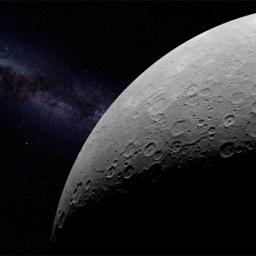A team of Harvard researchers showed that the commonly found bacterium Rhodopseudomonas palustris can use
natural conductivity to pull electrons from minerals located remotely in soil and sediment while remaining at the surface, where they absorb the sunlight needed to produce energy.
Led by Peter Girguis, a team of researchers showed that the commonly found bacterium Rhodopseudomonas palustris can use natural conductivity to pull electrons from minerals located deep in soil and sediment while remaining at the surface, where they absorb the sunlight needed to produce energy.
"When you think about electricity and living organisms, most people default to Mary Shelley's Frankenstein, but we've long understood that all organisms actually use electrons - what constitutes electricity - to do work," Girguis said. "At the heart of this paper is a process called extracellular electron transfer (EET), which involves moving electrons in and out of cells. What we were able to show is that these microbes take up electricity, which goes into their central metabolism, and we were able to describe some of the systems that are involved in that process."
 According to a research published by Nature Geoscience, but not yet online, the planet "Mercury shrunk by more than 7 kilometers in radius over past 4 billion years". Using analysis of NASA's Messenger probe , researchers at the Carnegie Institution for Science say the planet lost seven kilometers (more than four miles) of elevation in some areas, over the course of four billion years. Scientists first suggested the phenomenon in the mid-1970s, when the Mariner 10 probe passed the planet in three flybys.
According to a research published by Nature Geoscience, but not yet online, the planet "Mercury shrunk by more than 7 kilometers in radius over past 4 billion years". Using analysis of NASA's Messenger probe , researchers at the Carnegie Institution for Science say the planet lost seven kilometers (more than four miles) of elevation in some areas, over the course of four billion years. Scientists first suggested the phenomenon in the mid-1970s, when the Mariner 10 probe passed the planet in three flybys.